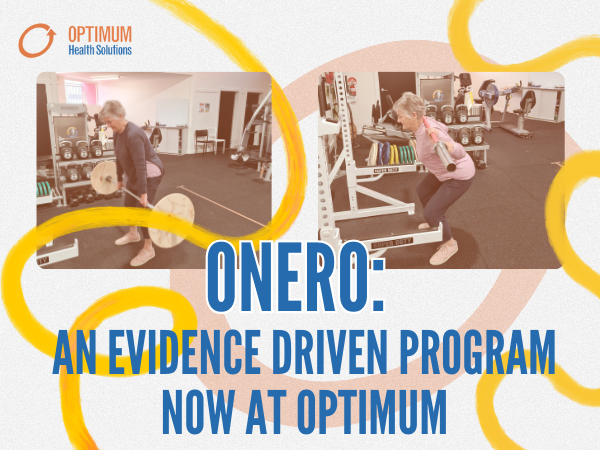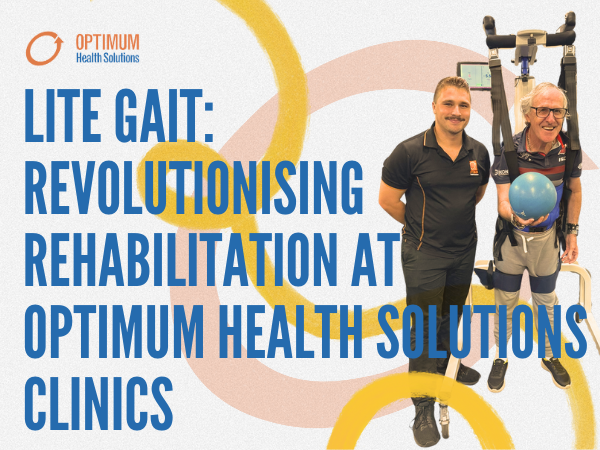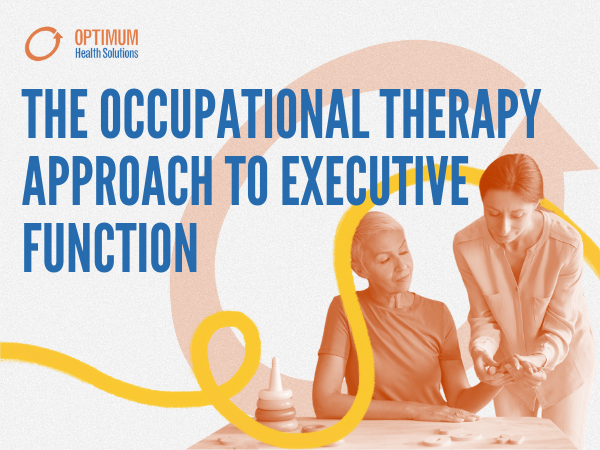We’ve all been there. You stumble in the door at 7.30pm after a hideously long day at work a little voice (belonging to either a child, partner or simply your subconscious) says “What’s for dinner?”. Some days this can seem like the most daunting question in the world, and you survey the fridge like a wilderness wondering what you can conjure up from its depths that can be turned into a tasty meal requiring as little time and energy as possible.
For a large percentage of my clients this is the case. Healthy or varied meals may be sacrificed in lieu of convenience, despite the best intentions. This can lead to monotonous diets as well as meals high in carbohydrate (think a classic easy midweek staple – Spaghetti Bolognaise), packed with salt/sodium (Chicken Tonight style recipe bases and sauces) and/or full of fat (crumbed fish pieces). These meals also often end up missing one vital component…
Vegetables.
Whether due to the preparation time, wastage, expense or taste preferences; inadequate vegetable consumption seems to be one of my most common diagnoses in all different types of clients. Some times this can be due to lack of awareness fixed by simply reminding people to fill half their plate with vegetables, but for many other issues I always suggest people try out Frozen vegetables.
No you didn’t read that wrong. I love frozen vegetables. This comment is often met by shock particularly from people who believe in the old adage “Fresh is Best”. Now if we are talking about fresh meat as opposed to processed meats or whole fruit as opposed to tinned fruit then I absolutely agree. But unfortunately in our current food climate, frozen vegetables can actually have a higher nutrient content than their fresh counterparts. To get “fresh” vegetables all year round, crops are often picked before they ripen and then transported around the country and ripened in special climate controlled warehouses. By the time it reaches your local supermarket, this produce could be weeks or even months old! While this food is still absolutely 100% safe to eat, it may have reduced levels of antioxidants and some nutrients such as Folate, Beta-carotene or Vitamin C.
Frozen vegetables on the other hand are picked when just ripe and flash frozen within 24-48 hours. This ensures that the product is maintained at their current state which is often the highest nutrient content and best quality product. The main concern with frozen food is that there is some loss of texture, which admittedly can be unappealing when eating the product on its own, however when added to a soup, stir-fry or omelette this difference is negligible.
As well has having a higher nutrient content, frozen vegetables can reduce wastage by providing you with the most popular parts if the vegetable packaged in bite size pieces eliminating the need for trimming, peeling or washing, while reducing preparation time and allowing you to use only what you need before storing the reminder for months at a time. No more sad looking carrot halves sitting in the veggie crisper until someone decides to toss them out.
Some brands also sell their frozen products in individually packed microwave bags making them super convenient for single people, work lunches or even a quick healthy snack.
The bottom line is: Don’t get sucked into thinking you have to make everything from scratch to be healthy. If using frozen vegetables allows you to have a nutritious, filling meal or snack, then go for it!








